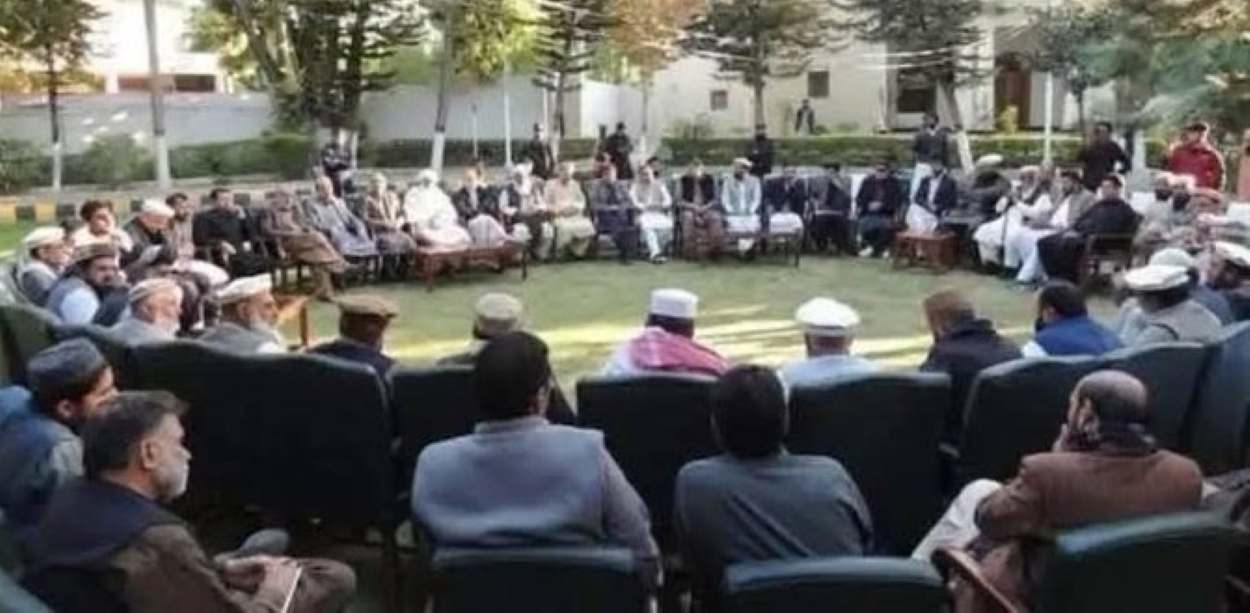After protracted discussions, the two conflicting tribes in Kurram have formalized a 14-point peace agreement to stabilize the volatile region, as Jirga member Malik Sawab Khan detailed. He revealed this development on Wednesday during an interview with Geo News, indicating that representatives from both factions endorsed the accord.
Khan emphasized the accord’s stipulation that both tribes surrender their arms to authorities, with governmental repercussions for non-compliance. He also noted that the agreement mandates the removal of all bunkers.
Khan mentioned that officials will establish a committee within 15 days to oversee the execution of the agreement. He anticipates the normalization of conditions in Kurram within a month. He also revealed that the government had decided to reopen roads.
A major peace jirga convened at Kohat Fort, led by Major General Zulfiqar Bhatti of the 9 Division, to facilitate these negotiations. Despite previous truces, the district had yet to achieve enduring peace, necessitating continued diplomatic efforts.
Barrister Mohammad Ali Saif, an adviser to the Chief Minister of Khyber Pakhtunkhwa, confirmed that the recent Kurram peace jirga achieved significant consensus. He echoed Khan’s remarks on the need for disarmament and the dismantling of bunkers, stating that the agreement heralds a new era of peace and prosperity for Kurram.
Raza Hussain, another jirga member, mentioned ongoing plans to reopen transport routes and consolidate peace, collaborating with law enforcement to ensure the ceasefire’s immediate effect.
The backdrop of these developments is Kurram’s history as a sectarian conflict zone, with recent clashes intensifying local humanitarian crises. The district, home to over 600,000 people, has experienced significant strife, leading to escalated tensions and over 200 fatalities in recent months.
Road closures have exacerbated the situation, impeding critical medical and oxygen supplies despite government denials of a medicine shortage resulting in child fatalities.
Persistent protests in Karachi and recent demonstrations in Bagan reflect widespread public demand for road reopenings and aid for those impacted by the conflict.
In response, authorities designated the district as a disaster area and initiated emergency medical supply airlifts and evacuations for urgent cases.
Barrister Saif emphasized that the parties reached an agreement on key issues, including the dismantling of bunkers and the disarmament of the area, as the Apex Committee mandated. He highlighted this as a testament to the government’s commitment to resolving this century-old conflict effectively and permanently.






